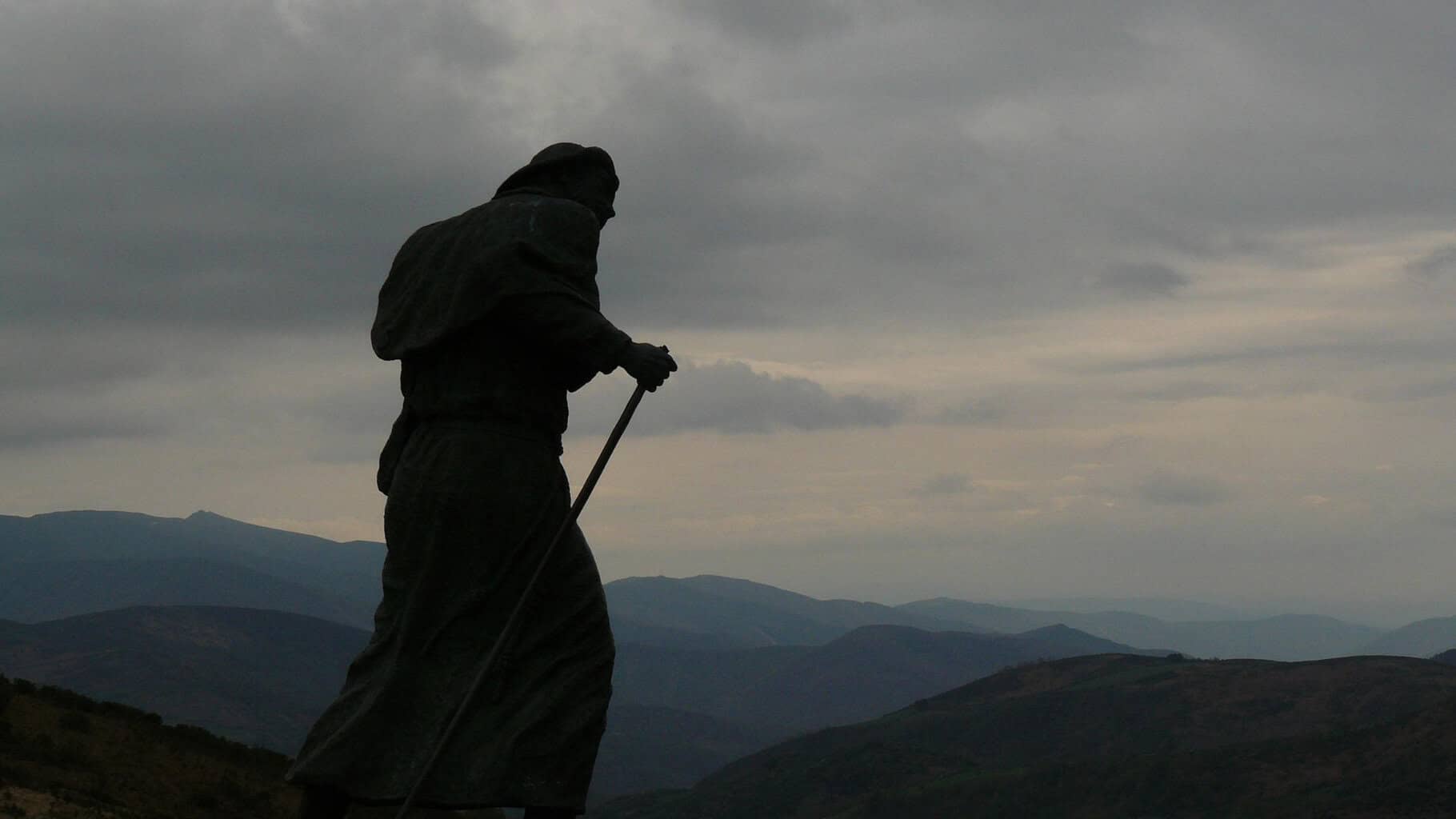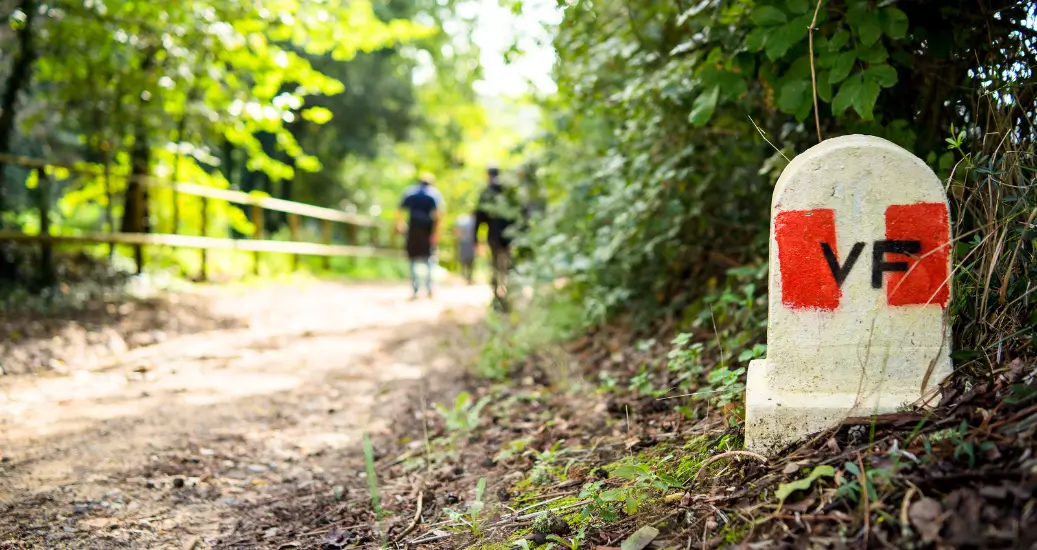The Camino de Santiago, the historic pilgrimage to the shrine of Saint James in Santiago de Compostela, is not just a path walked by thousands today—it is a journey that countless individuals have walked for centuries.
Among them, many women have walked, worked, and been forever entwined with the history of this sacred route. Though often overlooked in historical narratives, women have played significant roles in the Camino’s story, whether as pilgrims, protectors of the route, or saints in their own right. Here are a few remarkable women connected to the Camino de Santiago.
Saint Teresa of Ávila (1515–1582)
One of the most significant women in Christian spirituality, Saint Teresa of Ávila, a Spanish mystic, writer, and reformer, has a deep connection to the Camino. Although she didn’t walk the Camino herself, her influence in the 16th century was crucial in the reform of the Carmelite Order, which took part in the pilgrimage’s development. Teresa’s teachings and spiritual writings were often inspired by the pilgrimage traditions, and her ideas resonated with many who traveled the Camino seeking personal and spiritual transformation. She promoted the importance of inner travel alongside the physical journey, an idea that echoes through the hearts of many modern pilgrims.
Queen Eleanor of Aquitaine (1122–1204)
Queen Eleanor of Aquitaine, one of the most influential women in medieval Europe, is another remarkable historical figure connected to the Camino. In 1170, Eleanor traveled to Santiago de Compostela as part of a pilgrimage, a journey that was highly significant given her status as queen. Her trip not only demonstrated her piety but also her support for the growing importance of Santiago as a pilgrimage destination during the Middle Ages.
Eleanor’s journey on the Camino was an expression of political and spiritual power. As queen, she was an influential patron of the arts and religion, and her pilgrimage to Santiago helped to elevate the Camino’s reputation and importance throughout Europe. The pilgrimage was a symbol of her devotion, but it also reinforced her image as a woman of strength, determination, and influence.
Saint Beatriz of Silva (1424–1492)
Saint Beatriz of Silva, the founder of the Order of the Immaculate Conception, is another remarkable woman tied to the Camino de Santiago. Born in Portugal, Beatriz was a devout follower of the Virgin Mary and sought to deepen her faith by making a pilgrimage to Santiago. Afterward, she founded a religious order that emphasized devotion to the Virgin and was deeply connected to the pilgrimage’s spiritual and religious significance.
Her life and actions influenced countless women who followed the Camino, particularly those seeking spiritual enlightenment and guidance. Saint Beatriz was known for her deep humility and faith, and her journey along the Camino was a key moment in her life that spurred her on to further her religious mission.
Queen Isabel of Portugal (1271–1336)
Known as Saint Isabel of Portugal, this remarkable queen walked the Camino de Santiago for religious reasons twice—once during her husband’s reign and again after his death. She was renowned for her deep faith, charity, and dedication to the poor. After being widowed, she gave up royal life and completed the pilgrimage to Santiago as an act of devotion and humility. Legend says that on her way to Santiago, she performed miracles, including healing the sick. She was canonized as a saint in 1625.
Doña Urraca de León (11th century)
A fierce and politically astute queen, Doña Urraca of León and Castile was one of the most powerful women in medieval Spain. She played a crucial role in maintaining and expanding the Camino during her reign, overseeing the construction of roads, bridges, and hospitals for pilgrims. Although she may not have walked the Camino herself, her impact on the route was immense, making it safer and more accessible for future generations.
The Countess of Pardo Bazán (19th century)
Emilia Pardo Bazán, a pioneering Spanish feminist writer, was one of the first modern intellectuals to revive interest in the Camino during the 19th century. While not a traditional pilgrim, she traveled extensively through Galicia and wrote about the cultural and spiritual significance of Santiago de Compostela, helping to renew interest in the pilgrimage.

Women Are a Vital Part of the Camino’s History
Women have walked the Camino for centuries, often in the shadows of history. They have traveled as queens, nuns, mystics, noblewomen, and ordinary pilgrims, seeking faith, adventure, and transformation.
Today, their influence is felt not only in the historical narrative but also in the vibrant communities of women pilgrims who continue to walk this sacred path, finding personal and spiritual growth along the way. Women have always been, and will continue to be, an essential part of the Camino de Santiago’s legacy.
If you’d like to join them, make sure you check our guide for any woman walking the Camino de Santiago, or even our guided tours: we have women-only options that will inspire and empower you!







